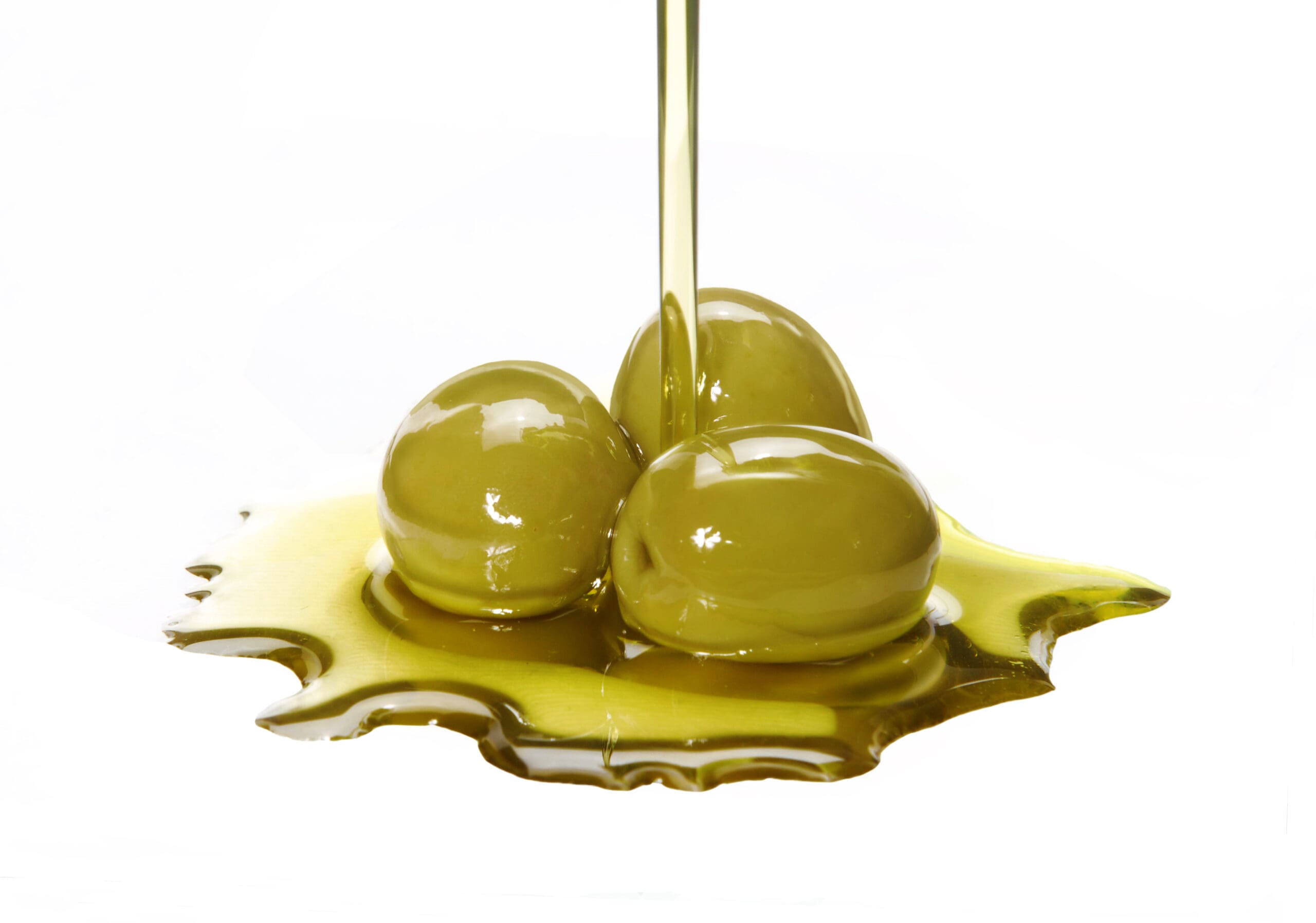Umbria, the Green Heart of Italy and land of ancient olive trees, is the focus of a study connecting its rich food and wine tradition—particularly its olive oil—to the figure and work of Dante Alighieri.
This connection is explored in the book “Conversazioni dantesche. Olio dell’Umbria: cosa resta del Medioevo dantesco nell’Umbria enogastronomica” (Dantean Conversations. Umbrian Oil: What Remains of the Dantean Middle Ages in Umbrian Food and Wine), edited by Diego Diomedi, which investigates the origins and agro-food traditions of Italy through the lens of the Supreme Poet.
The Olive Tree in the Divine Comedy: A Spiritual Symbol
In his work, Dante addresses elements related to food not from a material or nutritional standpoint, but with deep spiritual and religious symbolism.
The olive tree, in particular, is an element dense with meaning that Dante explicitly cites, testifying to its cultural and religious importance rooted in the Classical, Roman, and Medieval ages.
- Beatrice and the Olive Crown: The most famous example is the appearance of Beatrice, who presents herself to Dante crowned with olive branches, a symbol of peace and wisdom:
«sovra candido vel cinta d’ulivo / donna m’appar- ve sotto verde manto» (Purgatorio, Canto XXX, lines 31-32).
Umbria as a Bridge of Tradition
The book uses Umbria as a “bridge” to weave the common thread between Dantean culture and the food and wine tradition of Central Italy.
Although olive oil is deeply rooted in Italian culture, its widespread diffusion and accessibility are a more recent phenomenon:
- An Elite Product: Up until the Second World War, olive oil, despite being a fundamental element of Mediterranean culture, was often a product reserved for a privileged few.
- Historical Re-enactment: The interest in the Umbrian olive tree in relation to Dante also stems from the historical re-enactment of San Gemini, an event that dedicated a section to the Supreme Poet, emphasizing how Umbrian land still preserves the agro-food roots and traditions of that era.




